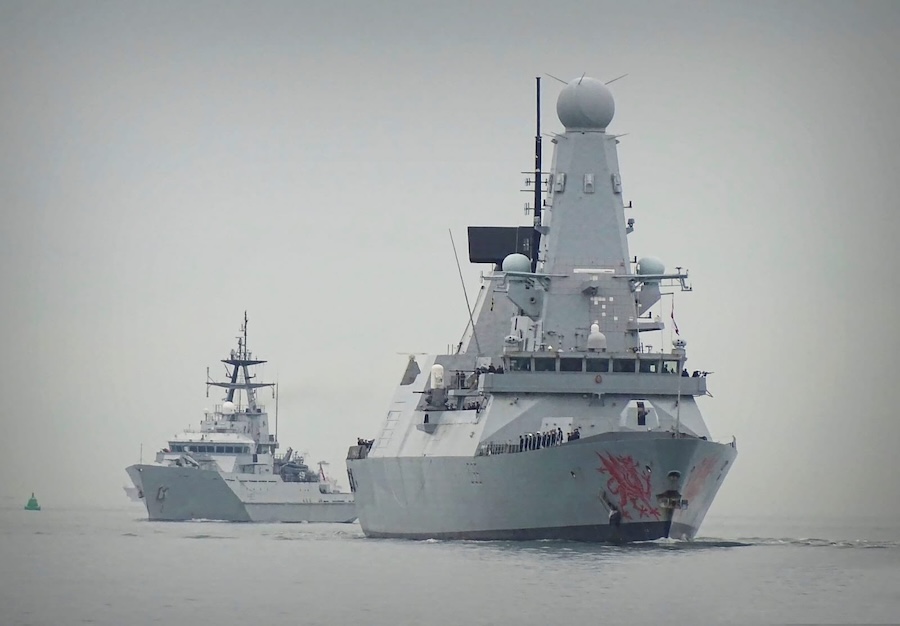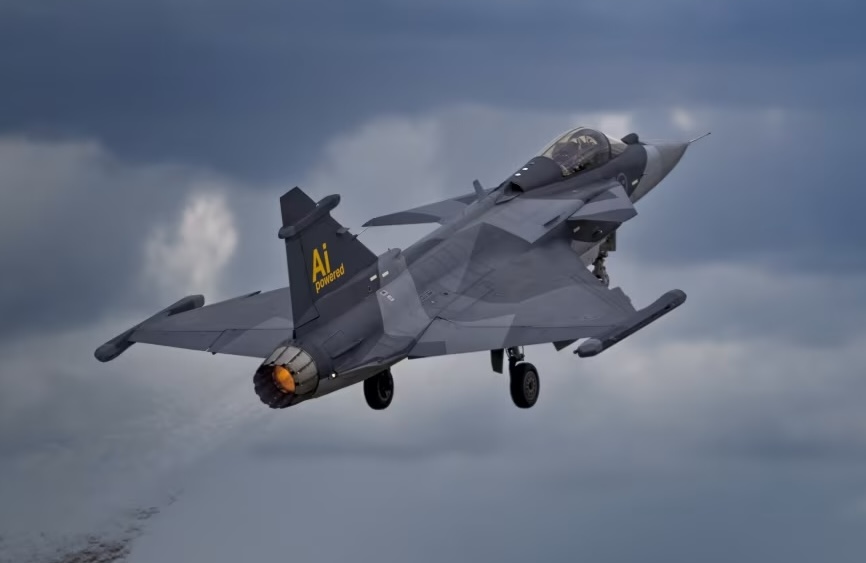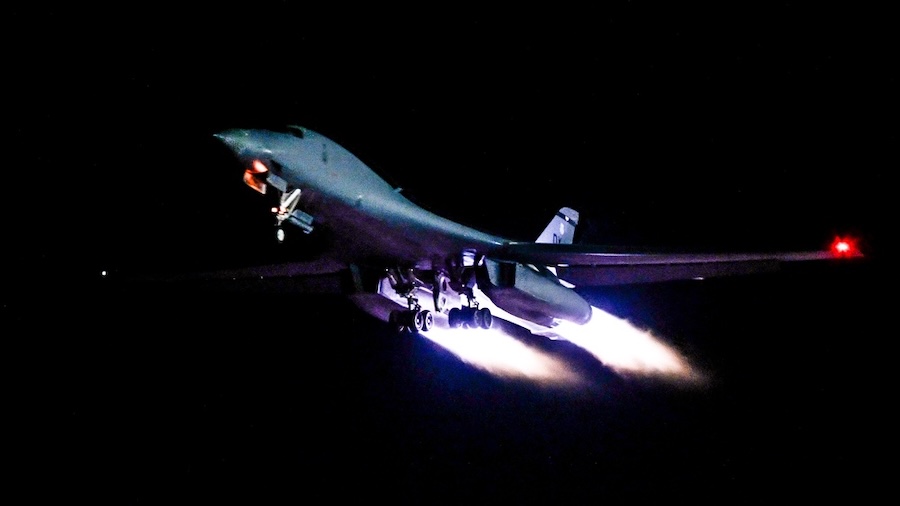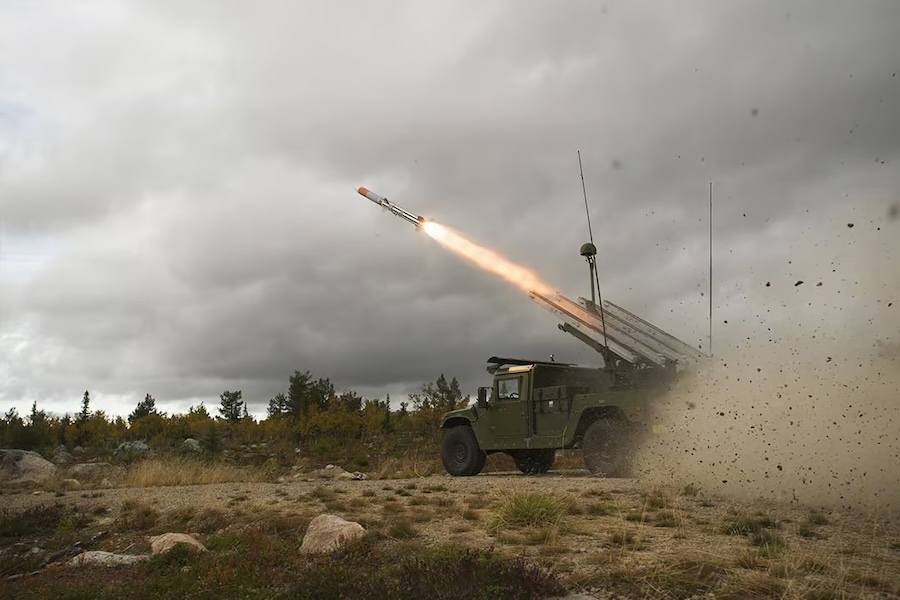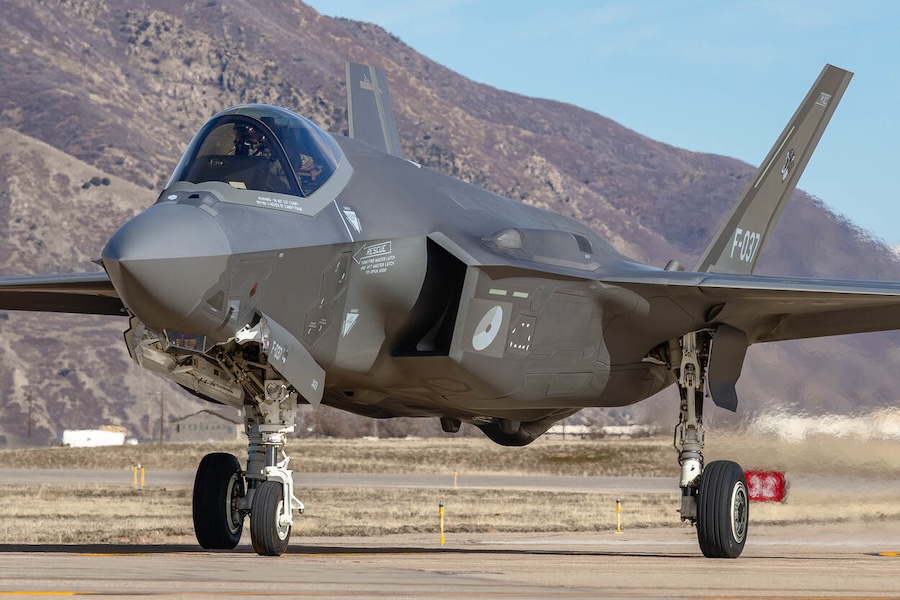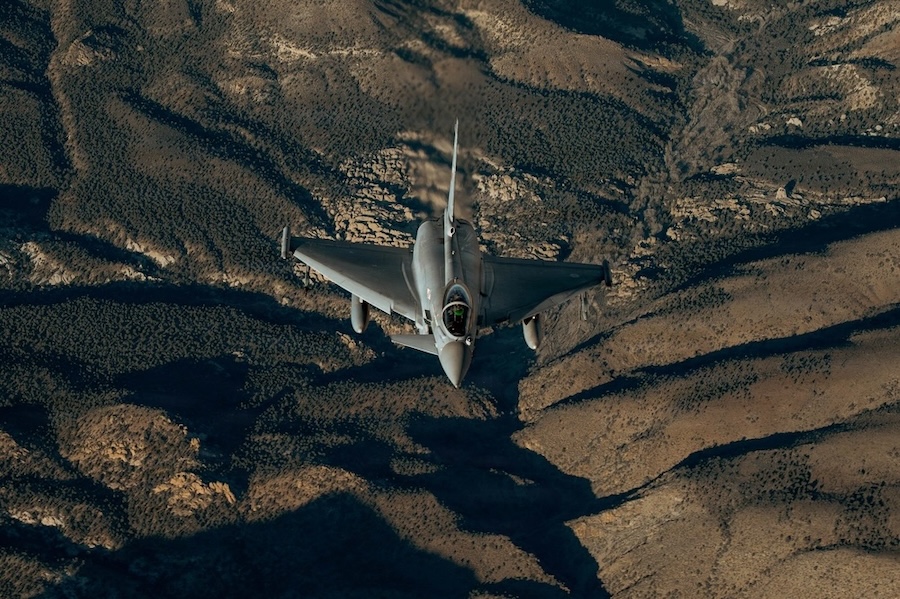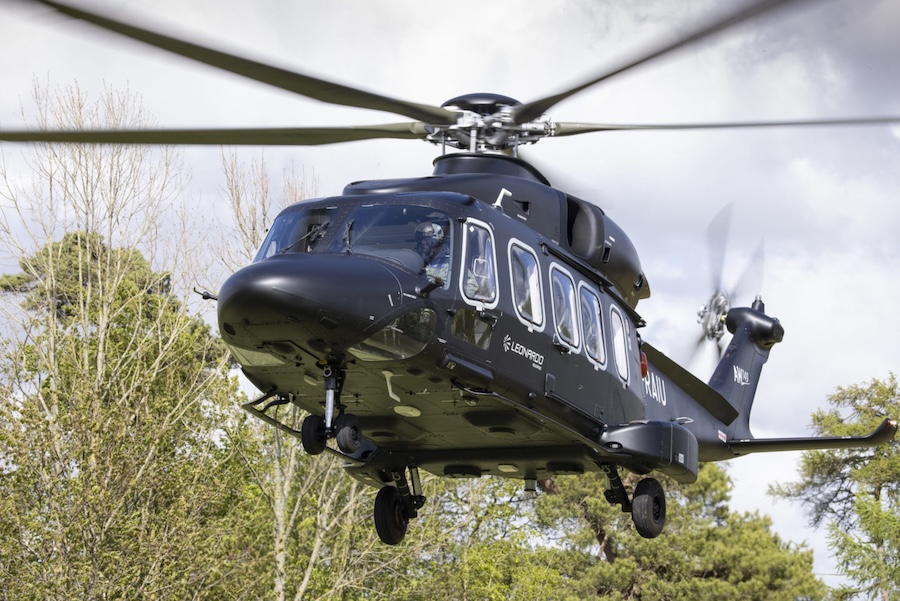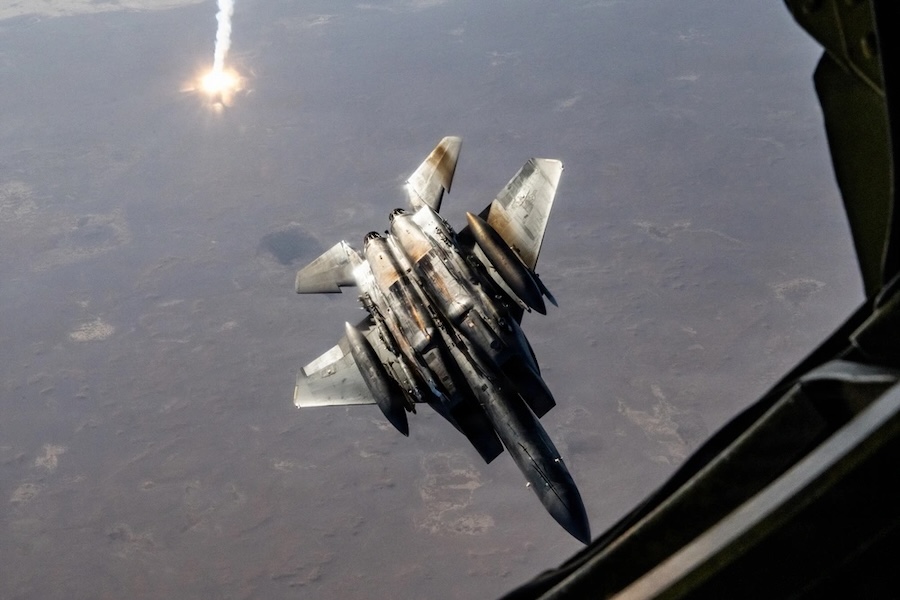The panel discussion, titled “FMS at the Speed of War – Reforming Foreign Military Sales for Global Readiness”, was moderated by retired U.S. Army Maj. Gen. Peter Fuller, managing director at Cypress International. Participants included U.S. Army Maj. Gen. John Rafferty, Polish Armed Forces Maj. Gen. Cezary Wisniewski, and Christopher Brown of General Dynamics Land Systems.
Fuller opened the discussion by comparing U.S. defence spending to NATO allies, noting the U.S. allocated $754 billion—more than double the combined total of the other 31 NATO members. In 2024, FMS increased by 33%, with two-thirds of transactions occurring through Direct Commercial Sales (DCS), much of it directed towards Ukraine and reinforcing the U.S. industrial base.
Highlighting the urgency of reform, Fuller referenced Russia’s ammunition production surge from 20,000 to 210,000 rounds per month since 2022. This backdrop served to frame the discussion around the challenges of FMS—particularly in relation to delivery timelines, system maintenance, cost, and performance expectations.
Gen. Christopher Donahue, Commanding General of U.S. Army Europe and Africa, described the Eastern Flank Deterrence Line (EFDL) as a forward-thinking NATO initiative to counter Russian aggression. Maj. Gen. Ragin underscored that trust and capability are essential for the plan’s success, saying, “We really need our industry partners to deliver.”
Ragin added that successful long-term operations depend on adaptable weapons systems that evolve with battlefield demands, noting, “The ones that are doing the best are the ones that have a lot of commonality.” He stressed that designing such systems requires close collaboration between military and industry from the outset.
Panellists acknowledged the bureaucratic complexity of the FMS process, which Ragin described as “an entirely logical process with really qualified people in it, but not every step is required in the sequence.” Brown echoed this view, arguing that simplification begins with collaborative forums like LANDEURO.
Brown likened the event to a reunion where nations align defence needs, paving the way for streamlined processes focused on exportability, releasability, and combat command inclusion. He also advocated for clearly defined orders, stating, “industry responds to orders.”
While both FMS and DCS were supported as essential procurement tools, panellists cautioned that FMS agreements must account for sustainability, compatibility, and existing maintenance expertise. “It’s really about the right tool for the right job,” said Brown.
DCS, seen as the faster route in urgent situations, was contrasted with FMS, which Wisniewski described as a “total package approach” offering training, maintenance, and ongoing support. “We fully understand the lifecycle cost and how to address this challenge in the future,” he said, emphasising the importance of dialogue with U.S. services.
As international tensions rise, the panel concluded that enhancing cooperation, streamlining procurement processes, and ensuring interoperability are crucial steps towards securing global peace. Speed and readiness, they agreed, must be prioritised long before conflict begins.







